Based on news reports, the electricity distribution companies (Discos) plan to close the country’s metering gap in the next 18 months, sticking to its initial plan to close the metering gap by 2023. The available data provided by the Nigerian Electricity Regulatory Commission (NERC) showed the registered energy customer population stood at 12.78million of which only 4.77million (37.3% of the identified customers) were metered as of September 2021,
leaving the unmetered population-metering gap- at 8.01million customers (62.7% of the registered customers).
Meanwhile, as of June 2021, the registered energy customer population was 11.06million, out of which 4.53million customers (40.95%) were metered. Thus, a comparison between the two periods (Q3 and Q2) shows that the number of registered energy customers has increased by 15.6% q/q while the population of metered customers increased by only 8.4% q/q. Based on this reported data, we can infer that there are a wide number of customers on estimated billing, which gives room for illegal connection to the network and, in turn, corrupt practices.
Over the years, the provision of meters to customers has been a key challenge to power sector reforms in the country. With hopes of seeing the light of the day, the NERC introduced the Meter Asset Provider (MAP) regulation, which became effective on April 3 2018, to facilitate a faster route to roll out meters through the engagement of third-party investors for financing, procurement, supply installation, and maintenance of electricity meters.
However, among other factors that constrained the success of the programme was a sudden upward review of the import levy on electricity meters to 35% from 10% in 2019, with an attendant impact on the cost for the meter asset providers. Given the knock-on effects on metering, President Muhammadu Buhari approved a one-year waiver of the import levy on electricity meters in 2020. Despite the waiver, the request for payment by end-user customers before the provision and installation of meters was a disincentive for the mass adoption of prepaid meters despite the known benefits, giving rise to the CBN sponsored mass metering plan, the National Mass Metering Programme (NMMP) in October 2020.
Within one year, about 1million meters have been disbursed under the NMMP according to the executive director, Research and Advocacy, of the Association of Nigerian Electricity Distributors, Sunny Odutan. Despite this, many complaints have trailed the slow process of deploying meters under the programme, especially the time taken to secure meters, making many people resort to MAP.
In essence, as long as the existing process involved in securing meters remains in place with no actionable insights on improving the turnaround time, many customers will remain on the estimated billing system amid the increased cost of single-phase and three-phase meters under the MAP.
Again, we are also concerned about the reported number of identified energy customers given by the Commission. First, Nigeria, the continent’s most populous nation, has not less than 40 million households, and if we compare this to the 12.78 customers identified as of September 2021, it shows that over 50% of the Nigerian households are either unconnected or unaccounted for.
CSL Stockbrokers Limited, Lagos (CSLS) is a wholly owned subsidiary of FCMB Group Plc and is regulated by the Securities and Exchange Commission, Nigeria. CSLS is a member of the Nigerian Stock Exchange.








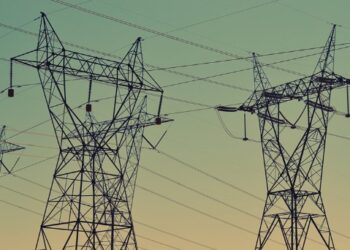

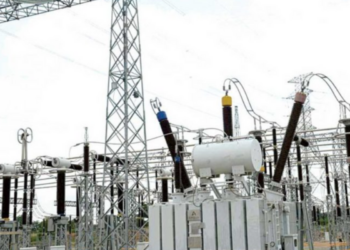
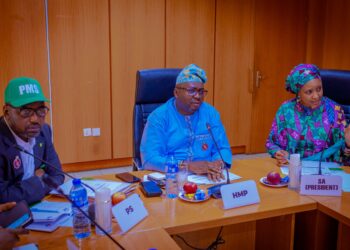
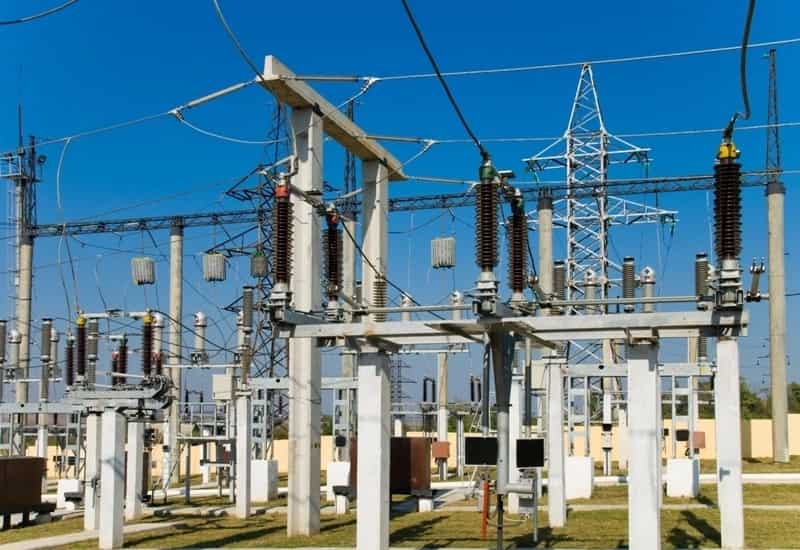
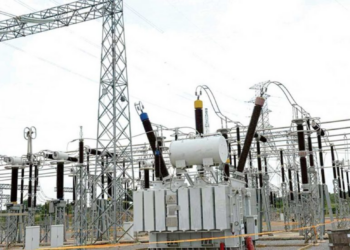










We can disburse 30 million meters a year. Phone companies make a 100 million phones a year, and the so called metering machine is a far less tech. Our leaders purposely don’t want meter going round cos they can’t even supply enough power so they charge people extreme even without power. I have been a victim before I ran out to get meter. I bought 20k in December and this is march I have not used up to 5k, but if they were estimating they would have charged me 10k monthly or more.